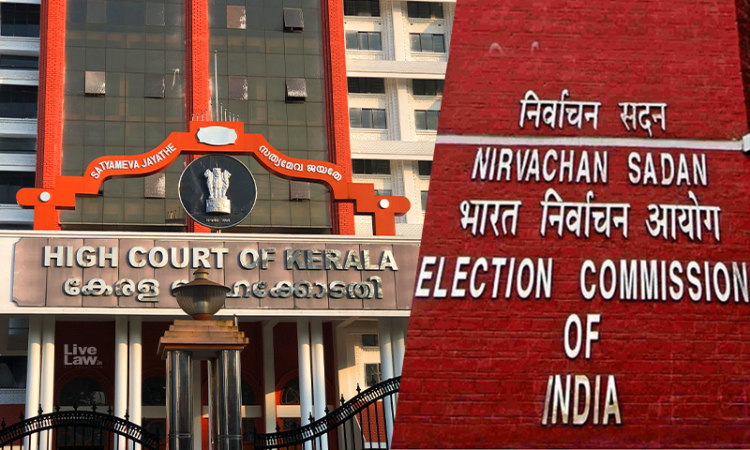The Kerala High Court on Friday reserved judgment on two writ petitions seeking directions to the Election Commission of India for holding elections to three Rajya Sabha seats from Kerala - which are falling vacant on April 21 - during the term of the present legislative assembly.A single bench of Justice PV Asha reserved judgment on the petitions filed by the Secretary of the Kerala...

